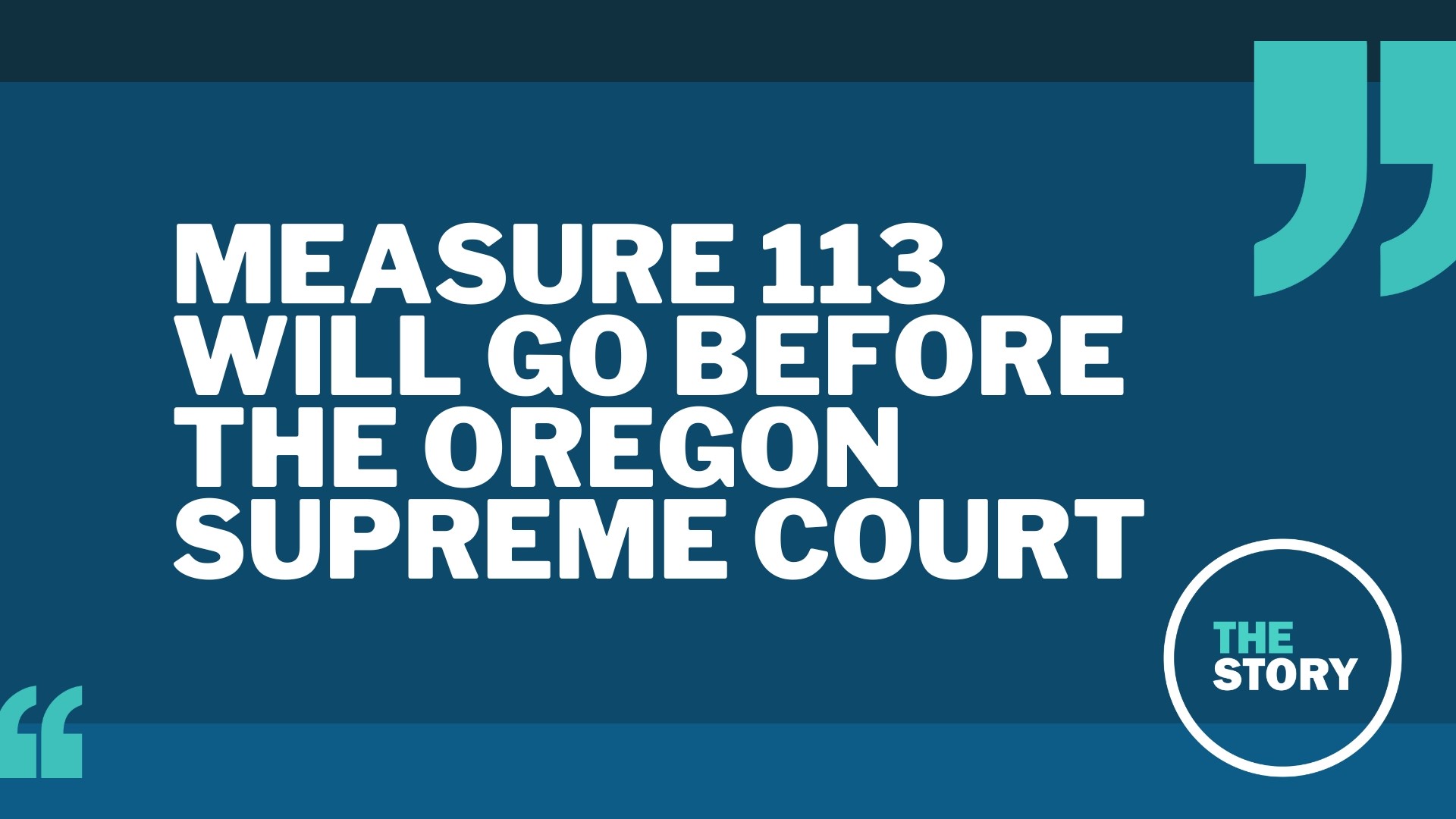SALEM, Ore. — The Oregon Supreme Court will decide whether Republican state senators who carried out a record-setting GOP walkout during the legislative session this year can run for reelection.
The decision, announced Tuesday, means the lawmakers should have clarity before the March 12 deadline to file for office, Oregon Public Broadcasting reported.
The senators from the minority party are challenging a 2022 voter-approved constitutional amendment that bars state lawmakers from reelection after having 10 or more unexcused absences. Oregon voters overwhelmingly approved the ballot measure that created the amendment following Republican walkouts in the Legislature in 2019, 2020 and 2021.
In an official explanatory statement, as well as in promotional materials and news coverage, the measure was touted as prohibiting lawmakers who stay away in order to block legislative action from seeking reelection.
That’s the meaning that state elections officials have chosen to adopt. Earlier this year, Secretary of State LaVonne Griffin-Valade announced that 10 senators would be prohibited from seeking reelection.
Nine Oregon Republicans and an independent clocked at least 10 absences during this year’s legislative session in order to block Democratic bills related to abortion, transgender health care and guns. The walkout prevented a quorum, holding up bills in the Democrat-led Senate for six weeks.
Five of those senators – Sens. Tim Knopp, Daniel Bonham, Suzanne Weber, Dennis Linthicum and Lynn Findley – have objected. In a legal challenge to Griffin-Valade’s ruling, they argue that the way the amendment is written means they can seek another term.
The constitutional amendment says a lawmaker is not allowed to run “for the term following the election after the member’s current term is completed.” Since a senator’s term ends in January while elections are held the previous November, they argue the penalty doesn’t take effect immediately, but instead, after they’ve served another term.
The senators filed the challenge in the Oregon Court of Appeals but asked that it go directly to the state Supreme Court. State attorneys defending Griffin-Valade in the matter agreed.
Several state senators with at least 10 absences during the most recent legislative session have already filed candidacy papers with election authorities.
Statehouses around the nation in recent years have become ideological battlegrounds, including in Montana, Tennessee and Oregon, where the lawmakers’ walkout this year was the longest in state history.
Arguments in the Oregon case are scheduled to start Dec. 14.

